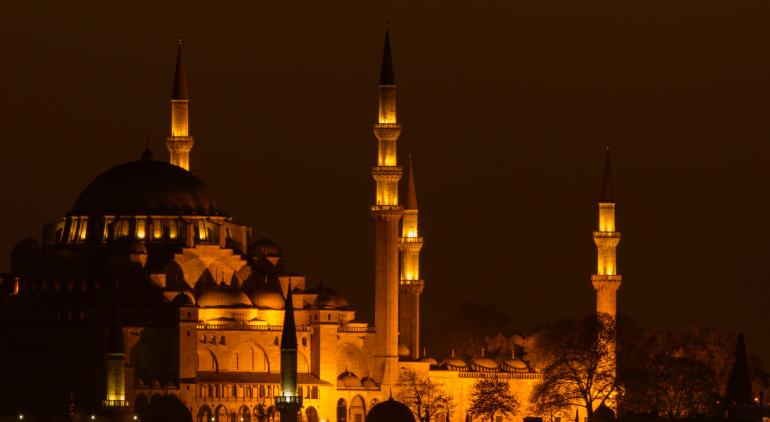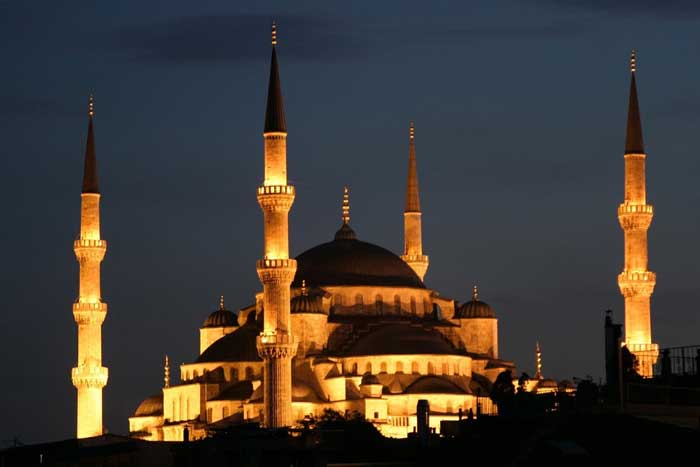Table of Content:
- Historical Context
- Religious Significance
- Jumerat Rituals and Traditions
- Regional and Cultural Practices
In Islamic culture, each day of the week holds special significance, and Jumerat, which translates to "Thursday" in Arabic, is no exception. Thursday is considered a blessed day for Muslims, and it carries various historical and religious associations. The day holds particular importance for devout Muslims worldwide, and its observance is accompanied by various traditions and rituals. This article delves into the significance of Jumerat Day, exploring its historical context, religious significance, and cultural practices.

Historical Context
The significance of Thursday dates back to the time of the Prophet Muhammad (peace be upon him). It is said that several important events occurred on Thursdays during his lifetime. One notable event is the "Battle of Khaybar," which took place on a Thursday in the 7th century. The Muslims' victory in this battle marked a significant turning point in Islamic history.
Additionally, it is believed that the Prophet Muhammad (peace be upon him) was born on a Thursday, adding further importance to this day in Islamic tradition. His birth is celebrated on the 12th day of the third Islamic month, Rabi' al-Awwal, commonly known as Mawlid al-Nabi.
Religious Significance
In Islamic tradition, Thursday is seen as a day of spiritual significance and divine blessings. Muslims believe that Allah showers His mercy and blessings on this particular day. It is a day to seek forgiveness for sins, make supplications, and perform acts of worship. Many Muslims choose to fast on this day, following the example of the Prophet Muhammad (peace be upon him), who often fasted on Thursdays.

Jumerat Rituals and Traditions
Offering Special Prayers:
On Jumerat Day, many Muslims attend the mosque to offer the Jumu'ah (Friday) prayers, which hold immense importance in Islam. These Friday prayers are different from the regular daily prayers, and they are accompanied by a sermon (Khutbah) delivered by the Imam.
Reciting Surah Al-Kahf:
Some Muslims have the tradition of reciting Surah Al-Kahf (the 18th chapter of the Quran) on Thursdays. It is believed that reciting this Surah brings numerous blessings and protection from trials and tribulations.
Sending Blessings upon the Prophet:
Muslims often recite Durood Sharif (salutations upon the Prophet Muhammad) in abundance on Thursdays. It is a way of showing love and respect to the Prophet and seeking his intercession.
Charitable Acts:
Thursdays are considered an auspicious day to engage in acts of charity and kindness. Muslims are encouraged to help the less fortunate, donate to charitable causes, and engage in other philanthropic activities.
Seeking Forgiveness:
Thursday is a time for introspection and seeking forgiveness from Allah for any sins or mistakes committed. Muslims engage in sincere repentance and turn to Allah with humility and remorse.
Regional and Cultural Practices
Different regions and cultures within the Islamic world may have unique customs and traditions associated with Jumerat Day. For example:
Turkey:
In Turkey, Thursday is associated with the "Şeker Bayramı" (Candy Festival) for children. Families and friends exchange sweets and candies on this day.
Pakistan and India:
In some regions, particularly in Pakistan and India, it is common for people to gather at shrines and offer prayers on Thursdays. They seek blessings and pray for their desires to be fulfilled.
Morocco:
In Morocco, some people wear traditional clothing and take part in cultural celebrations, including music and dance, to mark the day.

Jumerat Day, or Thursday, holds significant religious and historical importance in Islamic culture. It is a day of seeking divine blessings, forgiveness, and spiritual growth. The observance of Jumerat Day varies across different regions and cultures, but the common thread remains the reverence for this blessed day. Muslims worldwide cherish the day by engaging in acts of worship, offering prayers, and seeking Allah's mercy and guidance. By following these traditions, Muslims reaffirm their faith and draw closer to their Creator.


You must be logged in to post a comment.